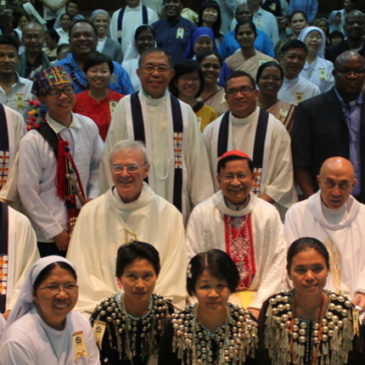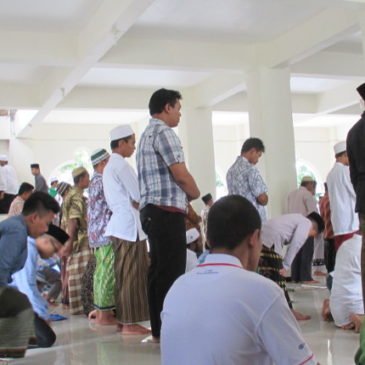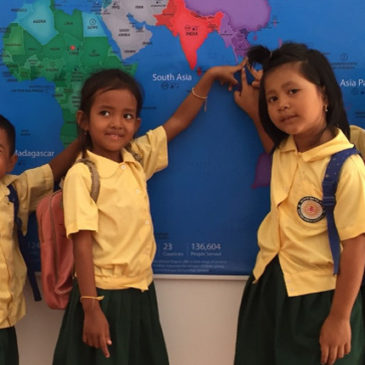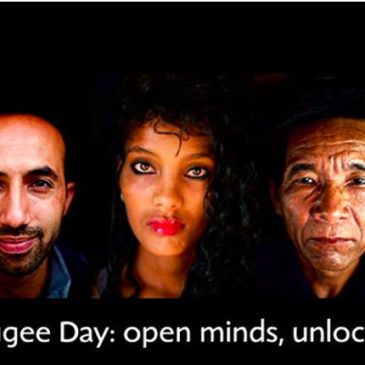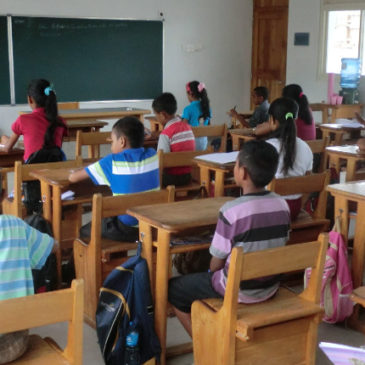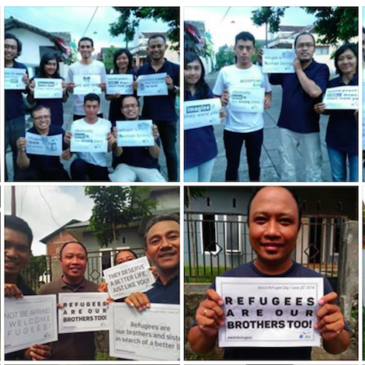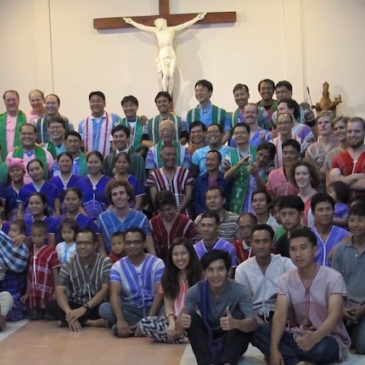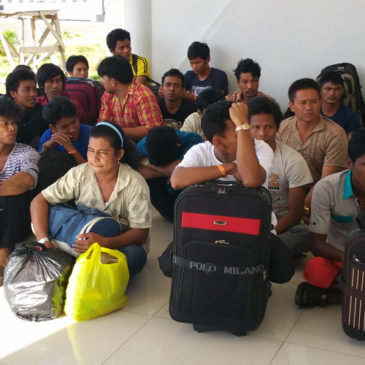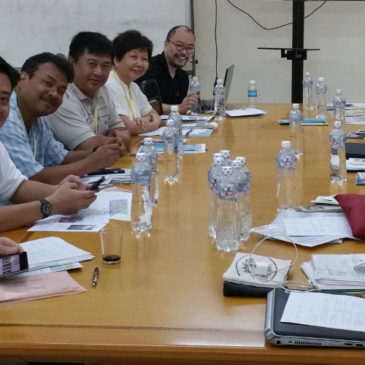A renewed vitality and commitment
Cardinal Charles Bo, Archbishop of Yangon, opened the 50th Anniversary Mid-Year Celebration of the East Asian Pastoral Institute (EAPI) on June 18 with affirming words recognizing EAPI’s significant role in the growth of the Church across Asia. The Cardinal, an EAPI alumnus himself, shared his testimony on the transforming impact of the institute in the lives of the participants and the life of the Church.


